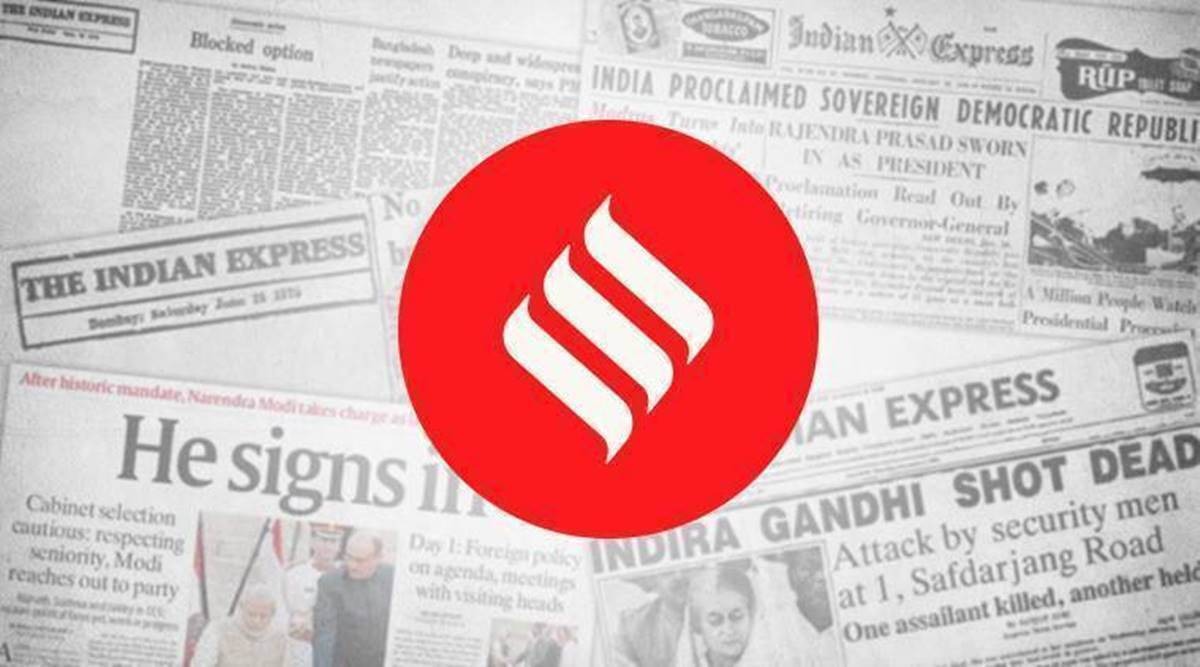 The longer the conflict between Russia and Ukraine persists, the longer crude oil prices remain elevated, the more challenging the policy environment will be.
The longer the conflict between Russia and Ukraine persists, the longer crude oil prices remain elevated, the more challenging the policy environment will be. After keeping prices on hold since November last year, retail prices of petrol and diesel were raised on Wednesday by Rs 0.80 for the second straight day. However, considering that global crude oil prices have surged over the past few months — according to the Petroleum Planning & Analysis Cell, the price of the Indian crude oil basket stood at $113 in the third week of March, up from $80.64 in November — retail fuel prices will need to be hiked considerably to bring them in line with global market prices. As per Crisil, with crude oil having averaged around $100 in the ongoing quarter, retail prices of petrol and diesel would need to be increased by Rs 9-12 to ensure a full pass through.
The decision to keep retail prices on hold, despite surging global crude oil prices, and leaving oil marketing companies to absorb the losses does suggest that fuel pricing decisions continue to be driven not by commercial considerations, but by political compulsions. After all, retail prices were kept on hold till the conclusion of elections in the states of Uttar Pradesh, Punjab, Goa, Manipur and Uttarakhand. To limit the impact on the end consumers, governments, at both the central and state level, could have offset some part of the price hikes by cutting the taxes imposed on petrol and diesel — in Delhi, for instance, on March 16, the excise duty and VAT levied on petrol was around Rs 43.4 per litre.
Higher crude oil prices, even if partially passed through, will be inflationary. The decision of oil marketing companies to increase the price of bulk diesel by Rs 25 per litre, even as it distorts the market, will also end up being inflationary, as prominent buyers of bulk diesel include transportation companies and the Indian Railways. Considering this scenario, the Reserve Bank of India will have to revise its outlook on inflation in the next monetary policy committee (MPC) meeting. In the last MPC meeting, held just days after the Union budget was presented, the central bank had projected inflation at 5.7 per cent in the fourth quarter of 2021-22, trending downwards thereafter to 4.5 per cent in 2022-23. However, with the consumer price index having already breached the upper limit of the RBI’s inflation targeting framework in both January and February, it is now unlikely to mirror the trajectory laid out by the central bank. Elevated inflation will further restrict the RBI’s room to manoeuvre. The longer the conflict between Russia and Ukraine persists, the longer crude oil prices remain elevated, the more challenging the policy environment will be.
- The Indian Express website has been rated GREEN for its credibility and trustworthiness by Newsguard, a global service that rates news sources for their journalistic standards.

